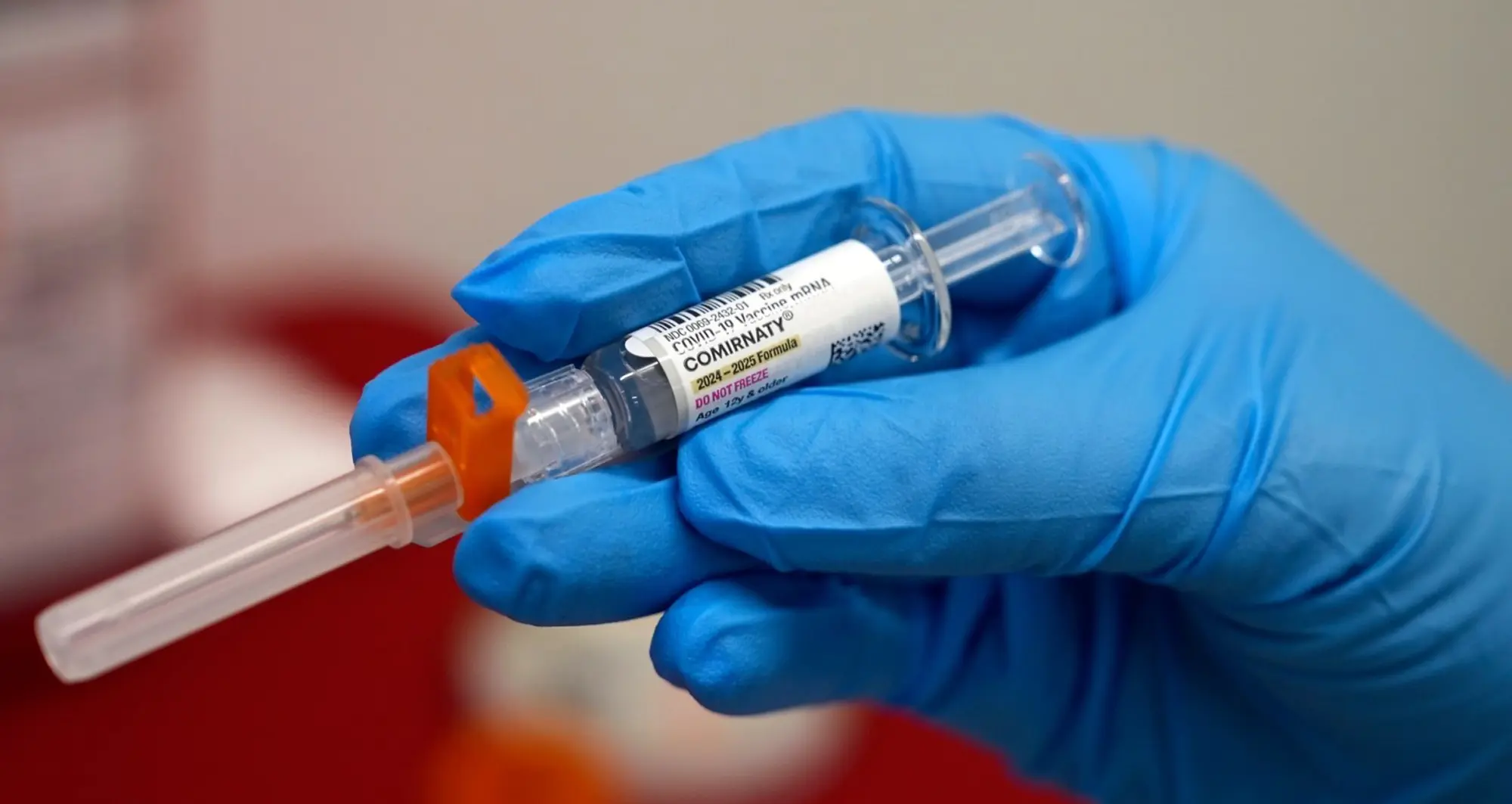For many of us, hopefully most of us, this is a time of vaccination. There’s the annual flu shot, of course, but also the latest COVID-19 booster and vaccines for pneumonia and respiratory syncytial virus (RSV), not to mention shingles, hepatitis B and other boosters.
For individuals with underlying health conditions, some vaccines may pose particular risks, something to be discussed with their doctor. But for most of us, there are no compelling arguments for not getting most, if not all, of these vaccinations. There are no science-based objections. These vaccines are effective — and they are continually monitored and modified to ensure safety.
Indeed, we know more about how they work and why than many of the drugs and medicines we take without a second thought. To be healthy and to choose not to be vaccinated is to risk your life and well-being unnecessarily.
Vaccines are a momentous advance in human health. They measurably prevent disease. They save lives. Roughly 4 million deaths worldwide are prevented each year by childhood vaccination programs alone. Adult vaccinations save millions more.
A landmark study led by the World Health Organization earlier this year estimated that over the past five decades, global immunization efforts have saved 154 million lives. More than 100 million of those lives were infants.
Most Americans support childhood vaccinations. They believe the benefits outweigh the risks. Not so much for COVID-19, which many Americans now perceive as less health threatening, in part due to improved treatments and short memories.
But we should never forget that more than 7 million people worldwide have died from COVID-19 since it first emerged in 2019, including 1.2 million Americans. It could have been worse. It’s estimated COVID vaccinations have prevented more than 140,000 additional deaths in the U.S.
Vaccines aren’t just for infectious diseases like the flu and COVID-19. There are vaccines to prevent different forms of cancer. The human papillomavirus (HPV) vaccine for adolescents prevents a range of cancers, from cervical to head and neck. Clinical trials have shown that all HPV vaccines are nearly 100% effective.
The hepatitis B vaccine provides 80% to 100% protection against an infection that can lead to liver disease and liver cancer.
The emergence of mRNA-based COVID-19 vaccines radically changed vaccine science. By using RNA material developed from the pathogen’s genetic code, these vaccines teach the body how to make a specific antibody protein unique to that virus.
And, as the pandemic proved, they can be developed, produced and distributed with unprecedented speed.
The newest COVID-19 vaccines are better than ever. They no longer demand stringent handling requirements like supercold storage temperatures (at least minus 76 degrees Fahrenheit from factory to pharmacy). They can now be stored in frozen or refrigerated condition for months or days, making it possible to vaccinate more people in places where there is little or no access to major health facilities.
New vaccine technologies are emerging, including the potential use of nanoparticles to deliver key immune instructions. At least 250 new vaccines are in development around the world for everything from autoimmune conditions and allergies to Alzheimer’s disease. Sixty-nine vaccines are in final Phase III clinical trials, including 10 for cancer.
Most of us have tried to forget the worst years of COVID-19, but there will be other pandemics involving both old foes and pathogens yet to emerge from the roiling cauldron of biological evolution.
It’s wrong to think that the worst has passed. COVID-19 still kills hundreds of Americans each day, and hospitalizes thousands more. One in 10 Americans infected by the coronavirus will experience long COVID-19. Influenza and pneumonia alone still kill roughly 50,000 Americanseach year.
Vaccination would likely have prevented many of these deaths, which makes the usual excuses about inconvenience and a day or two of aches, pain and fatigue seem woefully short-sighted. These are typical and transient side effects of some vaccinations. They are, in fact, proof that the vaccine is working, revving your immune system for threats to come.
